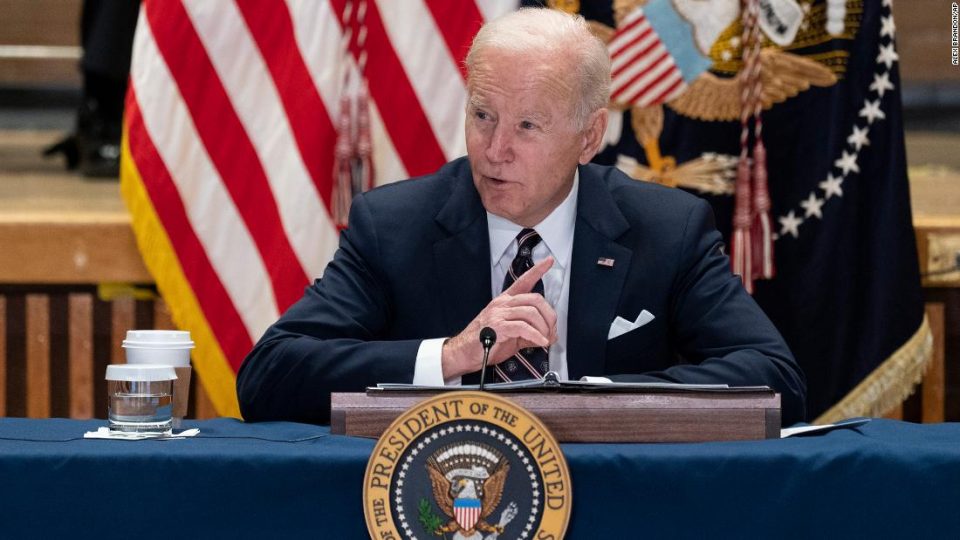During his trip to New York City on Thursday, Biden met with Mayor Eric Adams and spoke about the need to curb gun violence. At a moment when Adams is dealing with a series of high-profile crimes in the city, the Biden administration is acknowledging the problem and taking steps to show it can be tough on crime. This visit also appears to be an attempt to push back against progressives who are calling to “defund the police,” and neutralize any GOP attacks on Democrats for being soft on crime.
Sarandon’s post, and the understandable backlash that followed, highlighted the tension around policing in stark terms. But supporting criminal justice reform doesn’t mean supporting lawlessness — and Biden would be making a mistake if he acted out of political expedience and tried to take on crime without addressing the problem of racism.
The #BlackLivesMatter movement put forth a powerful critique of racism in policing and the criminal justice system that is firmly rooted in decades of social scientific research. The kinds of bias that resulted in the tragic death of George Floyd in 2020 have always had a powerful hold on how policing is carried out in this country.
While many Democrats tagged as “tough on crime” do support substantial reforms to address racism, it should be noted that the basic premise of the #BlackLivesMatter movement can’t be ignored. The need to rethink some of the fundamental ways in which policing works and the underlying structure of sentencing guidelines that are affected by racial bias must remain at the top of Biden’s agenda.
Indeed, when LBJ moved forward with the Civil Rights Act of 1964, which banned legal segregation in public accommodations and employment discrimination, the President accepted it was a huge political risk. But he responded to a grassroots movement that was shaking the conscience of the nation and acted knowing full well that he could lose the South, which was the base of the Democratic Party.
Today, nearly 10 years since Trayvon Martin was killed, the nation is in great danger of moving on. Since that horrendous incident in 2012, the #BlackLivesMatter movement has made great strides in pushing the nation to confront the ways in which institutional racism plays out in our criminal justice system — a problem that generations of civil rights activists tried to shine a light on without much success.
A President who tries to game out exactly what policy positions will win the elusive moderate vote in our era of polarization is taking on a fool’s errand. One thing that Biden can do, however, is take a genuine stand and promote policies that address racism in policing, sentencing and prisons because it is the right thing to do.


